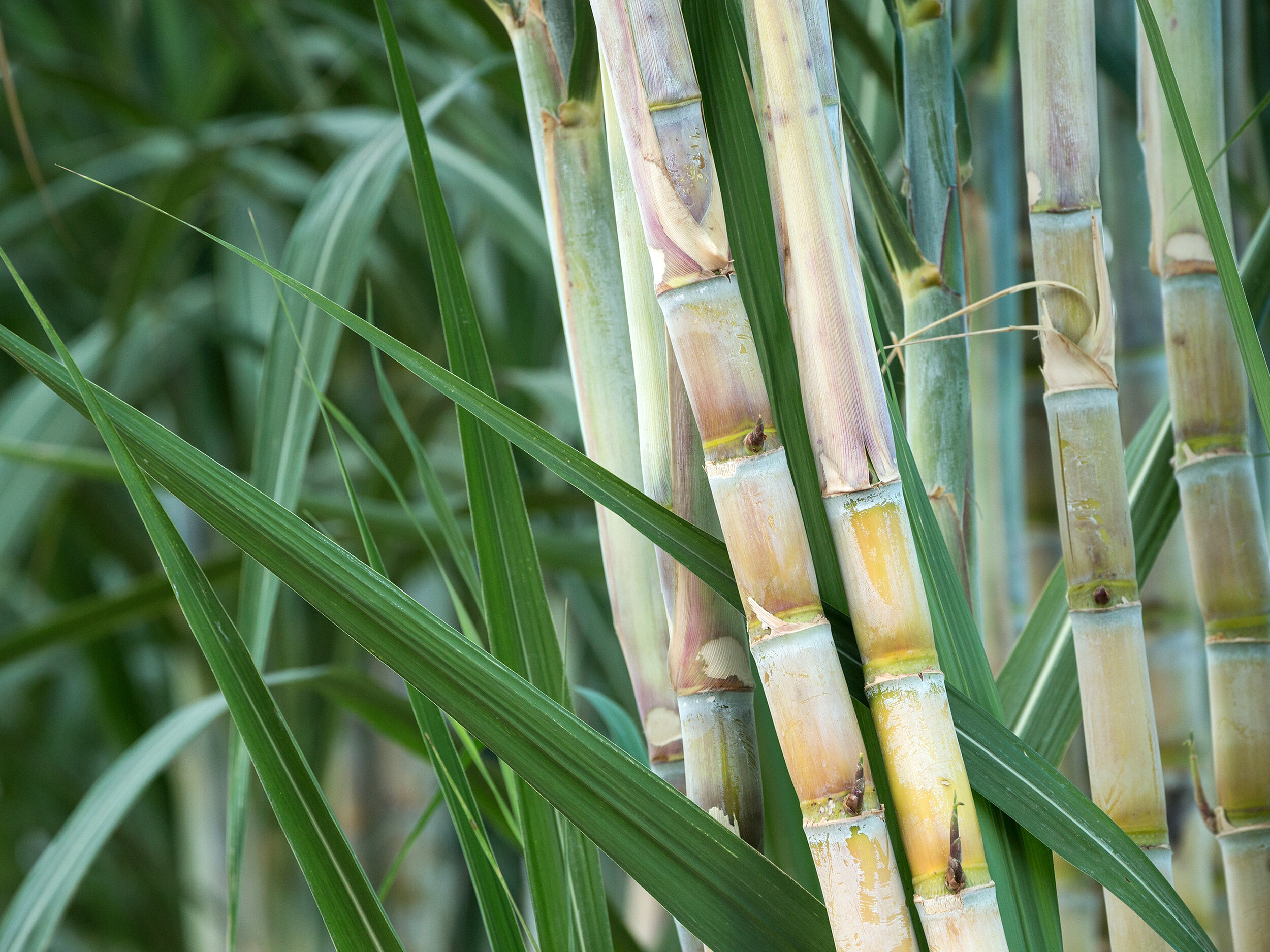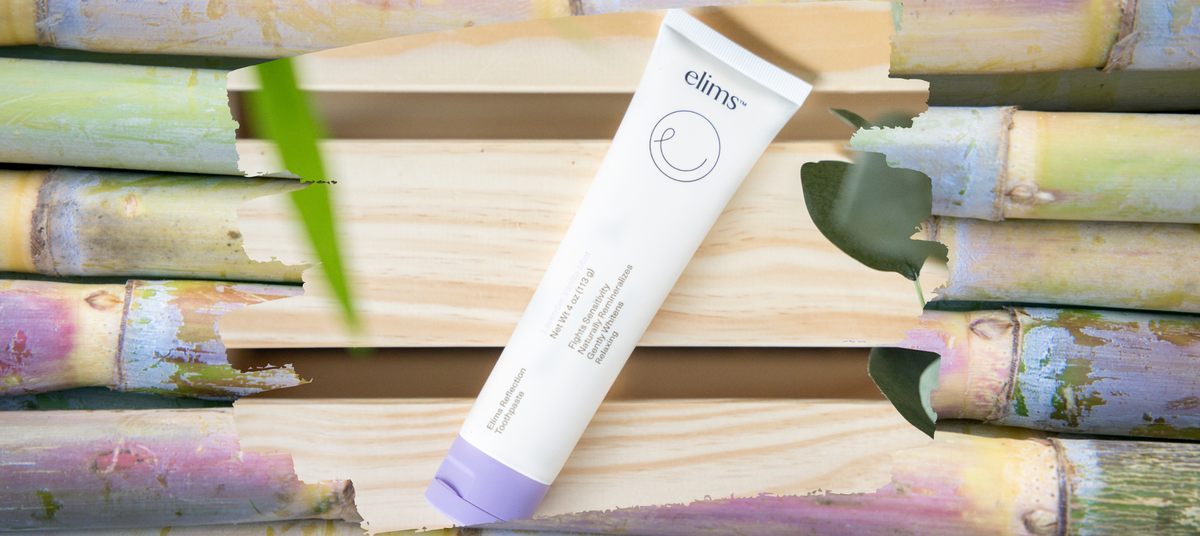Discovering Sugarcane Products: Versatile Utilizes and Profits
The exploration of sugarcane items reveals a remarkable array of applications that expand well past the acquainted realm of sugar. As we take a look at the complex contributions of sugarcane, one might ask yourself exactly how these diverse usages can reshape markets and lifestyles in a rapidly evolving world.
Introduction of Sugarcane
Although sugarcane is commonly connected largely with sugar production, it is a flexible crop with an abundant history and many applications. Cultivated in tropical and subtropical regions, sugarcane prospers in well-drained dirts and cozy environments, contributing significantly to lots of economic climates worldwide. This perennial turf, coming from the genus Saccharum, can expand to elevations of up to 4 meters, showcasing its durable nature.
Beyond its main role in sugar removal, sugarcane functions as an important resource for various spin-offs. The coarse residue, called bagasse, is utilized for producing bioenergy and as a basic material for producing paper and eco-friendly items. Furthermore, molasses, a byproduct of sugar refining, is rich in nutrients and typically made use of in animal feed and fermentation procedures.
Sugarcane also plays a considerable function in typical medicines and cultural methods in several regions, highlighting its value past business usage (sugarcane product). With the increasing focus on lasting farming methods, sugarcane is being checked out for its capacity in biofuels and carbon capture, positioning it as an essential player in the change towards renewable energy resources. Hence, the versatility of sugarcane extends far beyond the boundaries of sugar manufacturing
Sugarcane in Food Products


Beyond sweeteners, sugarcane is the source of energy-rich items such as jaggery and panela, which are standard unrefined sugars made use of in numerous societies. These items not just sweeten foods but additionally impart one-of-a-kind flavors and nutritional advantages.
Sugarcane juice, a rejuvenating drink appreciated in several tropical regions, showcases the plant's flexibility. It is often eaten fermented or fresh into alcoholic beverages like rum.
In addition, sugarcane fibers, understood as bagasse, are sometimes utilized to produce food product packaging products, stressing the ecological advantages of sugarcane processing. In general, sugarcane's payment to food items is multifaceted, improving tastes, providing nutritional value, and playing a substantial role in culinary customs around the globe.
Industrial Applications of Sugarcane
In different markets, the adaptability of sugarcane expands far beyond its cooking applications. Sugarcane acts as a vital resources in the manufacturing of biofuels, useful reference especially ethanol, which is progressively made use of as a renewable resource resource. This biofuel is obtained via fermentation and purification processes, offering a lasting option to nonrenewable fuel sources and contributing to a decrease in greenhouse gas exhausts.

Furthermore, the sugarcane market has found applications in pharmaceuticals, where its elements are utilized in the formulation of various medicinal products. The all-natural substances drawn out from sugarcane display antioxidant and antimicrobial buildings, enhancing the effectiveness of specific medications.
Last but not least, sugarcane is indispensable to the production of a range of chemicals, including glycerol and organic acids, which are important for various commercial processes. These applications highlight sugarcane's considerable function in advertising commercial sustainability and advancement.
Ecological Benefits of Sugarcane
The complex applications of sugarcane not only boost industrial processes yet likewise contribute substantially to environmental sustainability. As a renewable source, sugarcane farming plays a crucial function in carbon sequestration, soaking up significant amounts of carbon dioxide from the environment. This process helps minimize climate change by lowering greenhouse gas focus.
Furthermore, sugarcane byproducts, such as bagasse and molasses, use green options to conventional products. Bagasse, the fibrous deposit after juice extraction, can be made use of as a biomass fuel, lowering dependence on nonrenewable fuel sources and advertising cleaner power resources. Additionally, molasses can be transformed into bioethanol, additionally supporting sustainable power efforts.
Sugarcane farming also promotes biodiversity and dirt health. Lasting farming practices, such as intercropping and plant rotation, improve dirt fertility and decrease disintegration. Additionally, the plant's deep root system aids in water retention, consequently supporting local ecological communities and improving durability against drought.
Health And Wellness Advantages of Sugarcane
Rich in vital nutrients and all-natural sugars, sugarcane uses countless wellness advantages that make it an important enhancement to investigate this site a well balanced diet regimen. Its high fiber content aids in digestion, promoting gut health and wellness and protecting against constipation. In addition, sugarcane click gives antioxidants, which deal with oxidative stress and may reduce the risk of persistent conditions.
In addition, sugarcane juice is recognized for its hydrating buildings, making it an exceptional beverage selection, particularly in hot environments. The all-natural sugars existing in sugarcane give a quick energy boost, useful for athletes and those participated in physical activities. It also contains vital nutrients, such as vitamin C, potassium, calcium, and magnesium, which add to general wellness.
Research studies suggest that sugarcane might assist control blood sugar levels, making it a preferable sugar for individuals with diabetes when eaten in small amounts. Additionally, its anti-inflammatory residential properties can support liver wellness and aid in detoxification.
Conclusion
In conclusion, sugarcane arises as a very flexible plant with considerable payments to various markets. The byproducts of sugarcane, such as bagasse and molasses, help with green practices, while its health and wellness advantages boost overall wellness.
Although sugarcane is frequently connected largely with sugar manufacturing, it is a versatile crop with a rich background and numerous applications.Beyond its main function in sugar removal, sugarcane serves as a crucial source for different by-products. Primarily understood for producing sugar, sugarcane is changed into granulated sugar, brownish sugar, and molasses, each offering distinct culinary purposes.Rich in natural sugars and essential nutrients, sugarcane provides various wellness benefits that make it a valuable addition to a well balanced diet. The natural sugars present in sugarcane provide a quick energy boost, valuable for professional athletes and those engaged in physical tasks.